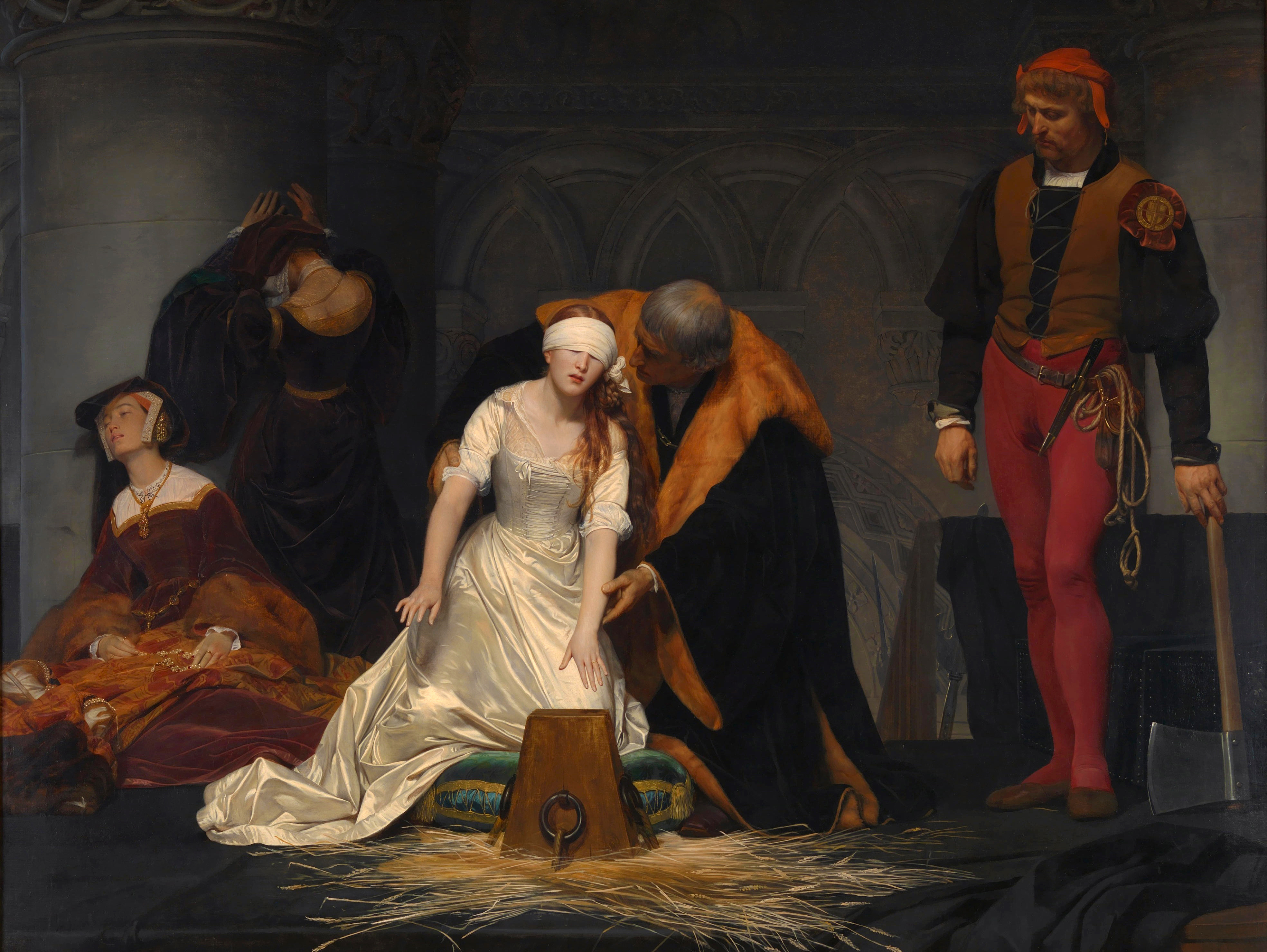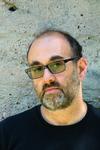HUMS 317, The Death Sentence: When the State Kills

Course Description
The political, economic, and philosophical figure of the “death sentence,” although it has archaic roots, continues to haunt the 21st century. “Capital punishment,” often understood as the paradigmatic, final, and ultimate form of sovereign power, forms only the starting point of our inquiry.
If it is the case that, as John Locke writes quoting Cicero, salus populi suprema lex esto (the safety of the people should be the supreme law), and if, furthermore, this maxim extends in the name of national security up to and including the point where the lives of certain people and populations are thrown into question, then all instances where the state kills, sanctions killing, or benefits directly or indirectly from the killing of its own citizens must be in question in the course. It may seem strange—modern politics, economics, and philosophy all begin from death sentences.
The French revolution depended on bloody executions that were “necessary” for founding a new polity. The Atlantic slave trade condemned millions of Africans to death, under economic reasoning, for the benefit of world capitalism. Athens killed the philosopher Socrates because he was dangerous to the polis, and philosophy has enshrined this death sentence as its mythical origin and its most modern moment. We investigate the stories and logics these events have in common.
Why does the state kill its own? Why are death sentences necessary for the current complex of state-nation-capital? Why did “barbaric” practices not end with enlightenment, the critique of religion, scientific rationalism, modernization, capitalism? Answers to these questions come from texts in political theory, philosophy, history, and the social sciences.
Led By:
 |
Paul North writes and teaches on literature and other media, inental philosophy, literary and critical theory. He is most interested in the afterlives of Kantian critical thought, deconstruction, literary theory, and poetry and poetics in a variety of languages and traditions. Authors he works on include Plato and Aristotle, Neo-Platonic systems, Nicholas of Cusa, the French 17th century, D. Hume, I. Kant, F. Hölderlin, F. Schelling, the Jena Romantics, British Romanticism, F. Nietzsche, and several clusters from the 19th to mid 20thcentury such as the cluster around phenomenology—Brentano, Husserl, Heidegger, Benjamin, Kafka, Levinas, Merleau-Ponty, Derrida—or that around the concept of time—Bergson, Proust, Heidegger, Einstein—or that around “other modes of experience”—Baudelaire, Freud, Benjamin, Huxley, Borges, Juan Rulfo, César Aira—or that around German-Jewish thought—Mendelssohn, Maimon, Varnhagen, Schlegel, Rosenzweig, Buber, Scholem. Theoretical style is an area of interest as well, and Prof. North is happy to work with students in a variety of genres and styles, to expand the parameters of what we call critique. |